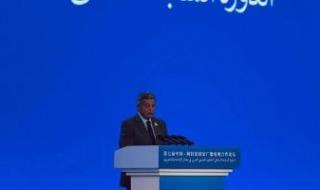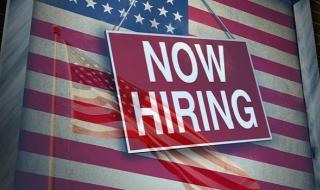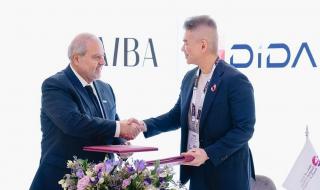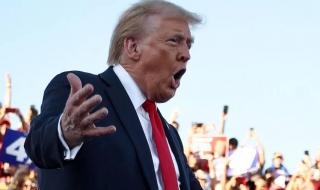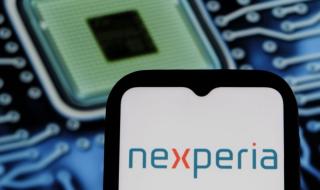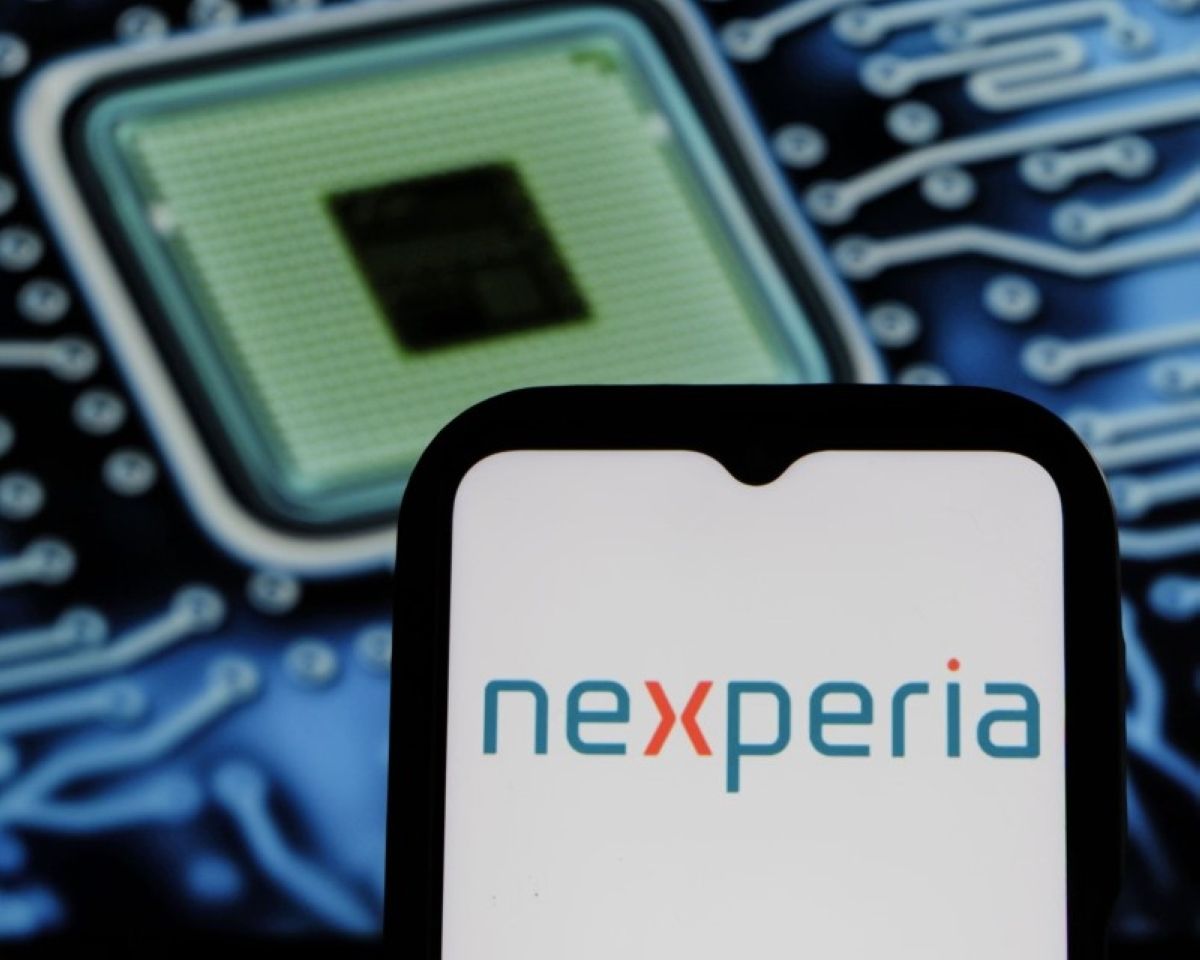
واجه مصنعو السيارات حول العالم مخاوف متجددة بشأن استمرار إنتاجهم، بعد أن اتهمت الصين الحكومة الهولندية، اليوم (الثلاثاء) بعدم التعاون في حل النزاع حول سيطرة هولندا على شركة نيكسبيريا لصناعة الرقائق، مما أدى إلى تعليق تصدير منتجات الشركة من الصين وتهديد سلاسل التوريد العالمية.
تبادل الاتهامات بين الصين وهولندا
وفي بيان رسمي عبر الإنترنت، دعت وزارة التجارة الصينية الحكومة الهولندية إلى «التوقف عن التدخل» في الشؤون الداخلية لنيكسبيريا، ودعتها إلى العمل «بشكل بناء» لتخفيف الضغط على سلاسل التوريد، محذرة من أن «الإصرار الهولندي على نهجه الأحادي دون اتخاذ إجراءات ملموسة سيؤدي حتماً إلى تعميق التأثير السلبي على سلسلة التوريد العالمية لأشباه موصلات».
وجاءت هذه الاتهامات بعد أن سيطرت الحكومة الهولندية على نيكسبيريا، الشركة الأوروبية الرائدة في إنتاج رقائق السيارات، في نهاية سبتمبر الماضي، بسبب مخاوف أمنية تتعلق بشركتها الأم الصينية وينغتيك تكنولوجي.
قانون من عصر الحرب الباردة
وأدى ذلك إلى إقالة رئيس الشركة التنفيذي، تشانغ شيويتشنغ، واستخدام قانون من عصر الحرب الباردة يعود إلى عام 1952، يسمح للحكومة بالتدخل في الشركات للحفاظ على الأمن الاقتصادي.
مخاوف أمريكية
وكانت الولايات المتحدة قد أثارت مخاوفها في يونيو بشأن إدارة الشركة، حيث أفادت وثائق قضائية بأن مكتب الأمن الدولي ومنع الانتشار في واشنطن أبلغ وزارة الخارجية الهولندية بأن «بقاء الرئيس التنفيذي نفسه المالك الصيني يُعد مشكلة، ومن المؤكد تقريباً أن الرئيس التنفيذي يجب استبداله».
من جانبها، ردت الصين في 4 أكتوبر بفرض قيود تصديرية على منتجات نيكسبيريا المصنعة في الصين، مما أجبر الشركة على تعليق الشحنات إلى مصنعها في دونغوان (مساحة 80 ألف متر مربع في مقاطعة قوانغدونغ)، حيث يتم تغليف نحو 70% من رقائقها المصنعة في أوروبا قبل إعادة التصدير.
وهذه الرقائق الأساسية، مثل الديودات والترانزستورات، ضرورية لأنظمة السيارات من الوسائد الهوائية إلى الإغلاق المركزي، وتشكل جزءاً من سوق الرقائق المنفصلة التي تقودها نيكسبيريا كلاعب رئيسي بين أكبر 5 عالمياً.
تحذيرات شركات السيارات العالمية
وأدى ذلك إلى تحذيرات من شركات مثل فولكس فاجن، هوندا، نيسان، وفولفو، حيث قالت جمعية مصنعي السيارات الأوروبيين الأسبوع الماضي إن بعض خطوط الإنتاج «على بعد أيام» من التوقف، مع إمكانية إجازات للعمال.
ورغم محاولات الموردين الأوروبيين الحصول على إعفاءات من بكين، أكدت الوزارة الصينية أن «لا الصين ولا الصناعة العالمية ترغب في رؤية ذلك»، مشككة في تصريحات البيت الأبيض والمسؤولين الأوروبيين الأخيرة التي أشارت إلى حل طويل الأمد قريباً.
تدخل ترمب
وفي هذا السياق، تدخل الرئيس الأمريكي دونالد ترمب الأسبوع الماضي بعد محادثات مع نظيره الصيني شي جين بينغ، قائلاً إن بكين «ستتخذ الإجراءات المناسبة لضمان استئناف التجارة من منشآت نيكسبيريا في الصين».
ومن جانبها، أكدت وزارة الشؤون الاقتصادية الهولندية أن المحادثات مع الجانب الصيني مستمرة، وأنها «تبقى على اتصال مع السلطات الصينية وشركائنا الدوليين للعمل نحو حل بناء يناسب نيكسبيريا واقتصاداتنا».
وأثار النزاع ردود فعل حادة، حيث وصفت وينغتيك، مالكة نيكسبيريا، الإجراءات الهولندية بأنها «إجراءات غير مدروسة» أدت إلى «تعطيل الاستمرارية التجارية العالمية»، بينما حذرت جمعية مصنعي السيارات اليابانيين (بما في ذلك نيسان وتويوتا وهوندا) من أن نقص الرقائق يهدد التصنيع.
توترات تجارية بين الغرب والصين
ومع ذلك، أكدت تويوتا أنها لا تواجه مشكلة كبيرة حالياً، لكنها قد تتأثر لاحقاً. وفي أوروبا، يبحث المصنعون عن بدائل عالمية، لكن التحول لن يكون فورياً، حيث يعتمدون على مخزونات محدودة وموردين مثل إنفينيون وأونسيمي.
ويُعد هذا النزاع جزءاً من توترات تجارية أوسع بين الغرب والصين حول الملكية الفكرية والأمن الاقتصادي، خاصة في قطاع الرقائق الذي يُعد حاسماً للسيارات الكهربائية ومراكز بيانات الذكاء الاصطناعي.
Automakers around the world are facing renewed concerns about the continuity of their production after China accused the Dutch government today (Tuesday) of not cooperating in resolving the dispute over the Netherlands' control of the chip-making company Nexperia, leading to a suspension of the company's exports from China and threatening global supply chains.
Exchange of Accusations Between China and the Netherlands
In an official online statement, the Chinese Ministry of Commerce urged the Dutch government to "stop interfering" in Nexperia's internal affairs and called on it to work "constructively" to alleviate pressure on supply chains, warning that "the Dutch insistence on its unilateral approach without taking concrete actions will inevitably deepen the negative impact on the global semiconductor supply chain."
These accusations came after the Dutch government took control of Nexperia, the leading European automotive chip manufacturer, at the end of September due to security concerns related to its Chinese parent company, Wingtech Technology.
A Law from the Cold War Era
This led to the dismissal of the company's CEO, Zhang Xueqing, and the invocation of a Cold War-era law dating back to 1952, which allows the government to intervene in companies to maintain economic security.
American Concerns
The United States raised its concerns in June regarding the management of the company, as court documents indicated that the Office of International Security and Nonproliferation in Washington informed the Dutch Foreign Ministry that "the continued presence of the Chinese owner as CEO is a problem, and it is almost certain that the CEO must be replaced."
In response, China imposed export restrictions on Nexperia products manufactured in China on October 4, forcing the company to suspend shipments to its Dongguan factory (an 80,000 square meter facility in Guangdong Province), where about 70% of its chips manufactured in Europe are packaged before re-export.
These essential chips, such as diodes and transistors, are crucial for automotive systems from airbags to central locking and are part of the discrete chip market led by Nexperia as a major player among the top 5 globally.
Warnings from Global Automakers
This has led to warnings from companies like Volkswagen, Honda, Nissan, and Volvo, as the European Automobile Manufacturers Association stated last week that some production lines are "just days away" from halting, with the possibility of worker layoffs.
Despite attempts by European suppliers to obtain exemptions from Beijing, the Chinese ministry confirmed that "neither China nor the global industry wishes to see that," casting doubt on recent statements from the White House and European officials that suggested a long-term solution was imminent.
Trump's Intervention
In this context, U.S. President Donald Trump intervened last week after talks with his Chinese counterpart Xi Jinping, stating that Beijing "will take appropriate actions to ensure the resumption of trade from Nexperia's facilities in China."
For its part, the Dutch Ministry of Economic Affairs confirmed that talks with the Chinese side are ongoing and that it "remains in contact with Chinese authorities and our international partners to work towards a constructive solution that suits Nexperia and our economies."
The dispute has sparked strong reactions, with Wingtech, the owner of Nexperia, describing the Dutch actions as "ill-considered measures" that have led to "disrupting global business continuity," while the Japan Automobile Manufacturers Association (including Nissan, Toyota, and Honda) warned that the chip shortage threatens manufacturing.
Trade Tensions Between the West and China
However, Toyota confirmed that it is not facing a significant problem currently, but it may be affected later. In Europe, manufacturers are looking for global alternatives, but the transition will not be immediate, as they rely on limited stocks and suppliers like Infineon and Onsemi.
This dispute is part of broader trade tensions between the West and China over intellectual property and economic security, particularly in the semiconductor sector, which is critical for electric vehicles and artificial intelligence data centers.
ملحوظة: مضمون هذا الخبر تم كتابته بواسطة عكاظ ولا يعبر عن وجهة نظر مصر اليوم وانما تم نقله بمحتواه كما هو من عكاظ ونحن غير مسئولين عن محتوى الخبر والعهدة علي المصدر السابق ذكرة.

